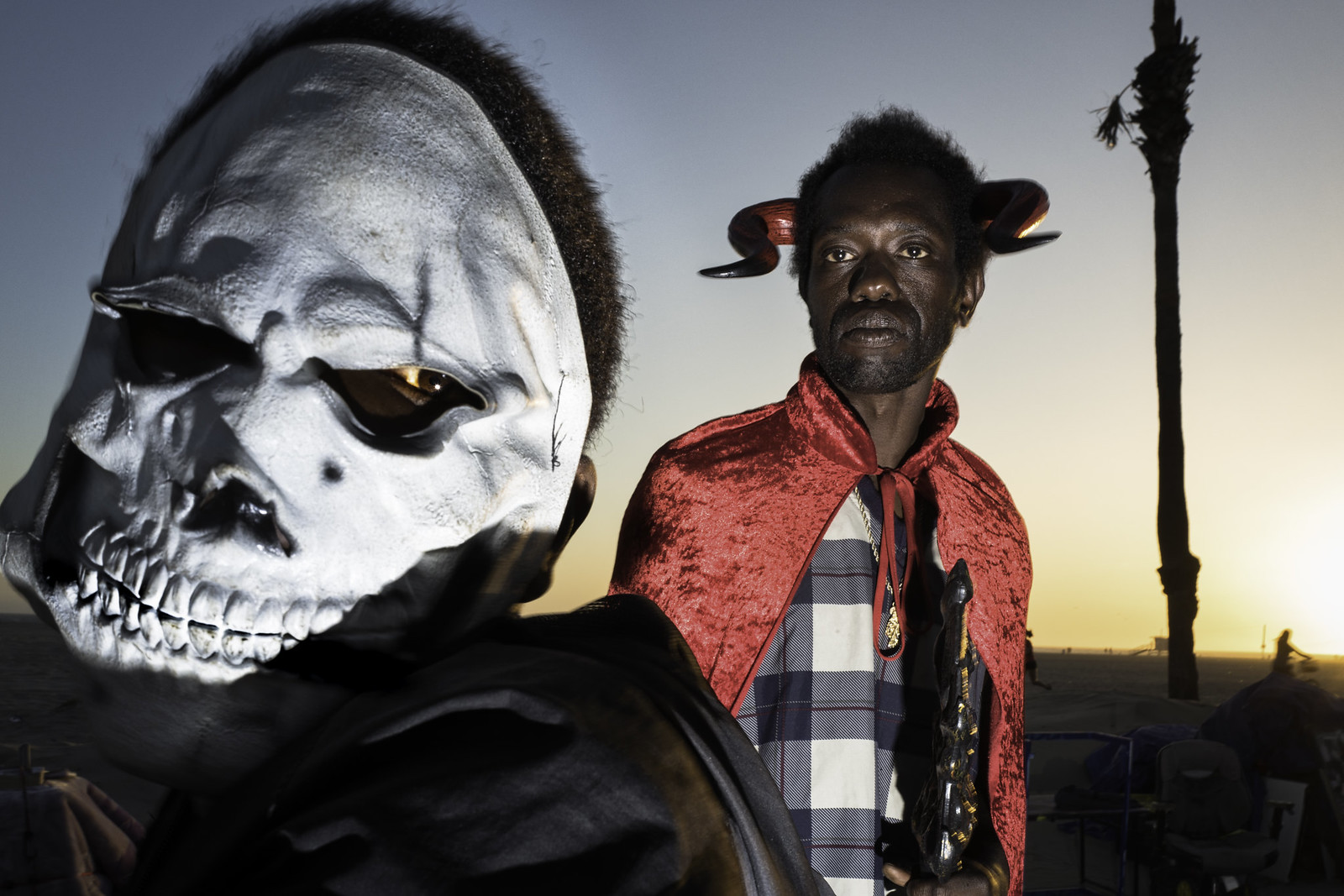
[Untitled]: photo by J Ward, 20 April 2017

[Untitled]: photo by J Ward, 20 April 2017

[Untitled]: photo by J Ward, 20 April 2017

DSC_3940: photo by ilan Ben yehuda, 2 May 2017

DSC_3940: photo by ilan Ben yehuda, 2 May 2017

DSC_3940: photo by ilan Ben yehuda, 2 May 2017

[Untitled]: photo by J Ward, 20 April 2017

[Untitled]: photo by J Ward, 20 April 2017

[Untitled]: photo by J Ward, 20 April 2017
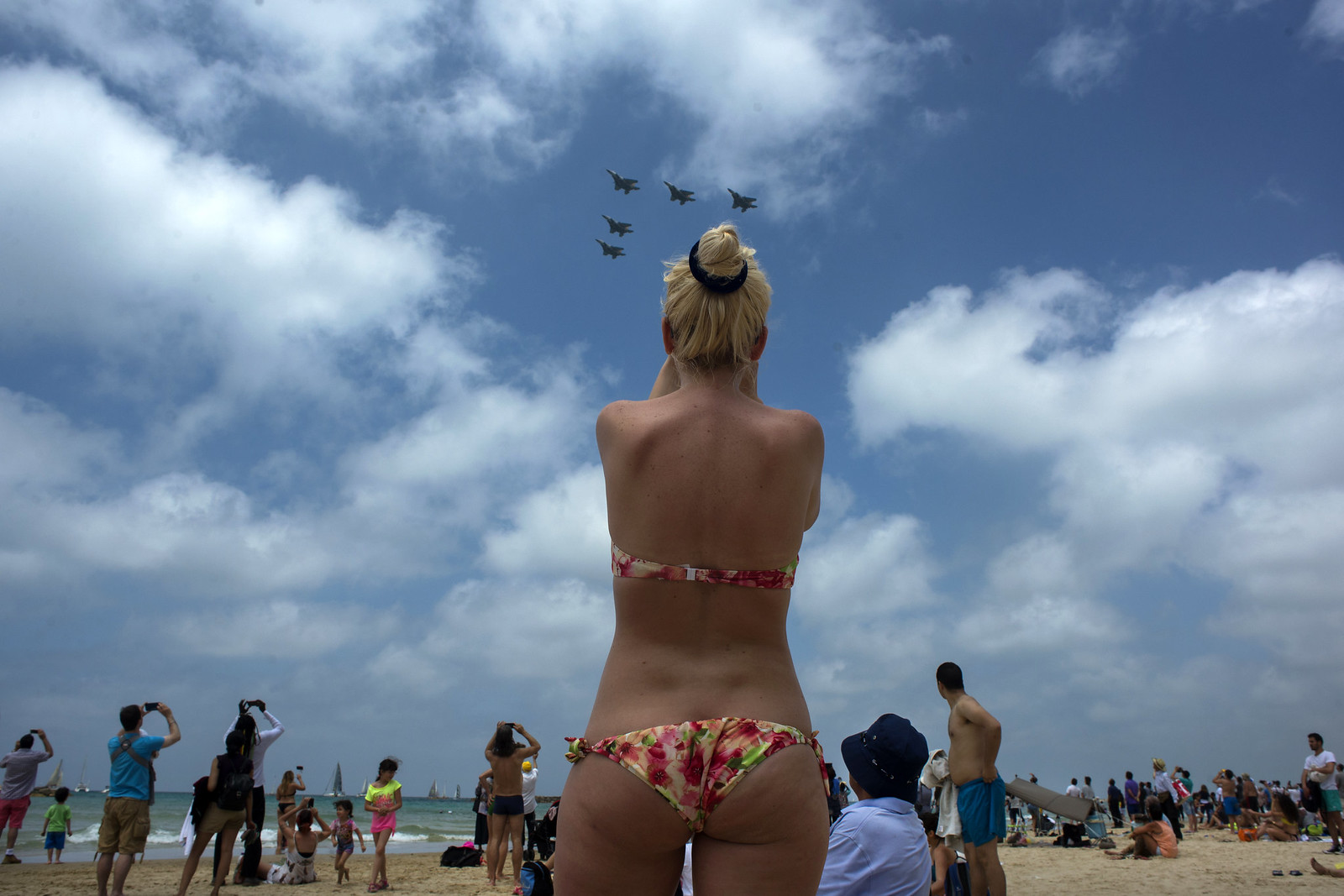
DSC_4088: photo by ilan Ben yehuda, 2 May 2017

DSC_4088: photo by ilan Ben yehuda, 2 May 2017

DSC_4088: photo by ilan Ben yehuda, 2 May 2017

Hotel 710 [Downtown LA]: photo by J Ward, 2 April 2017

Hotel 710 [Downtown LA]: photo by J Ward, 2 April 2017

Hotel 710 [Downtown LA]: photo by J Ward, 2 April 2017
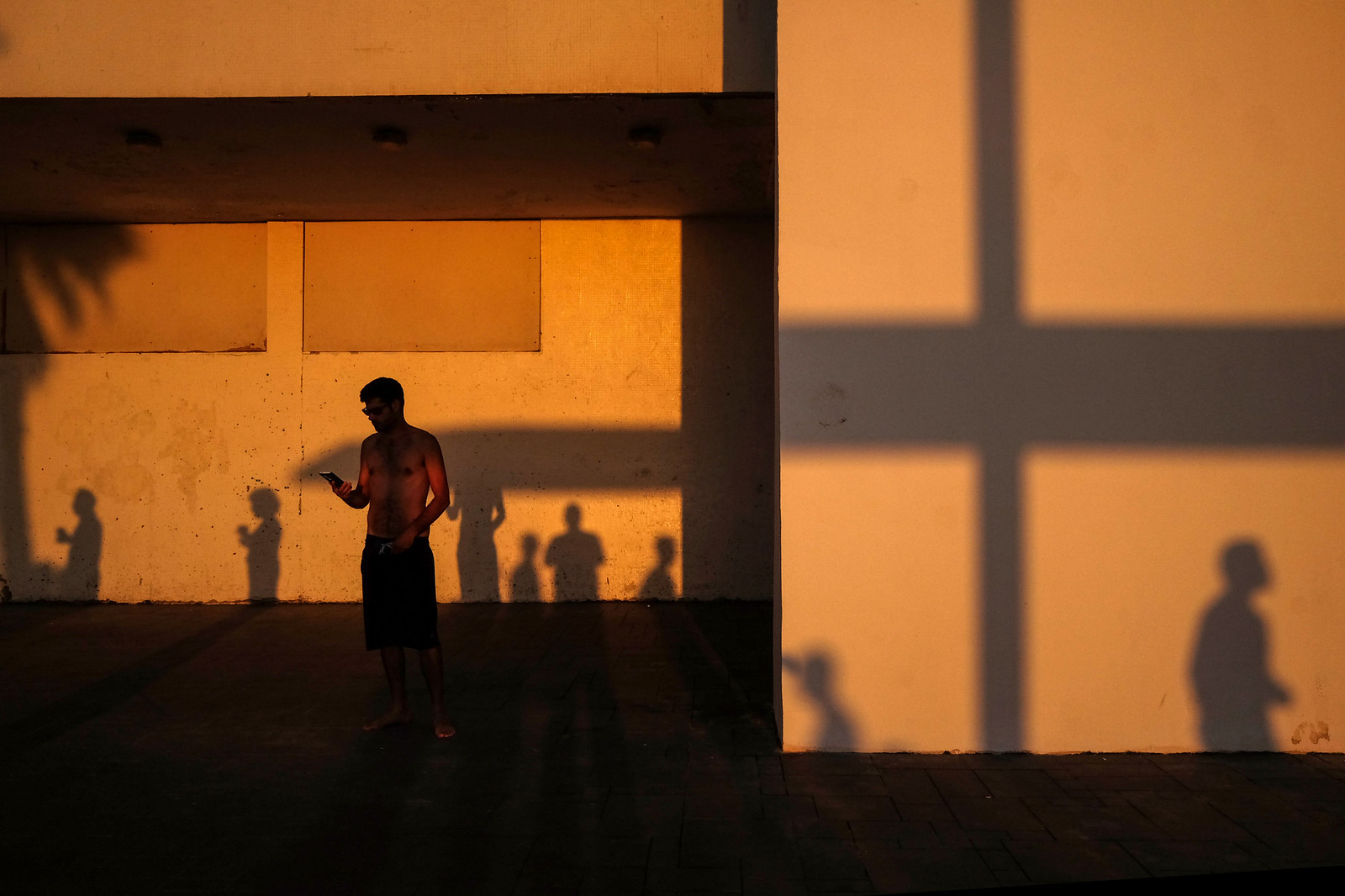
DSCF2609: photo by ilan Ben yehuda, 16 August 2016

DSCF2609: photo by ilan Ben yehuda, 16 August 2016

DSCF2609: photo by ilan Ben yehuda, 16 August 2016
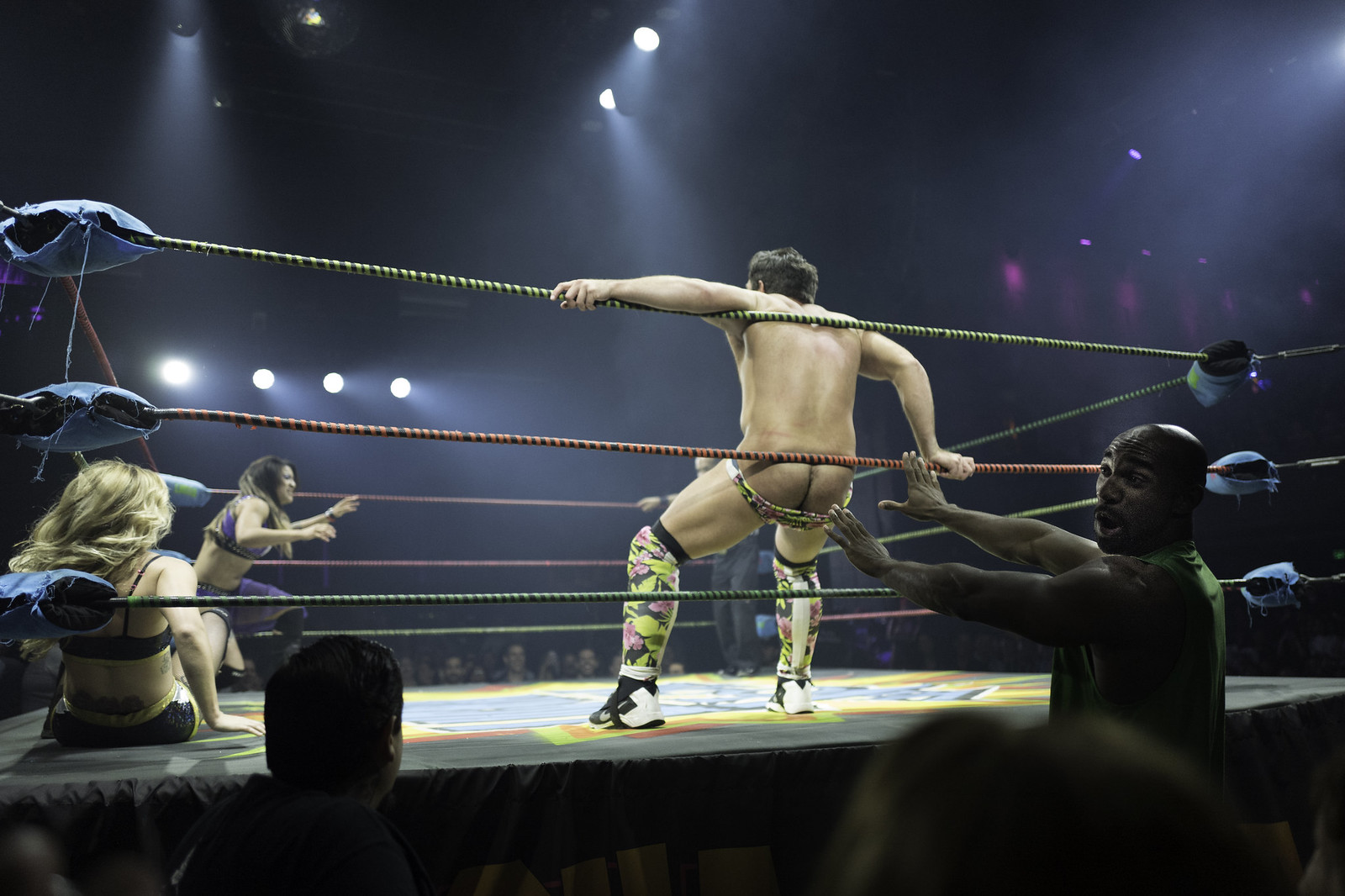
[Untitled]: photo by J Ward, 3 June 2016

[Untitled]: photo by J Ward, 3 June 2016

[Untitled]: photo by J Ward, 3 June 2016
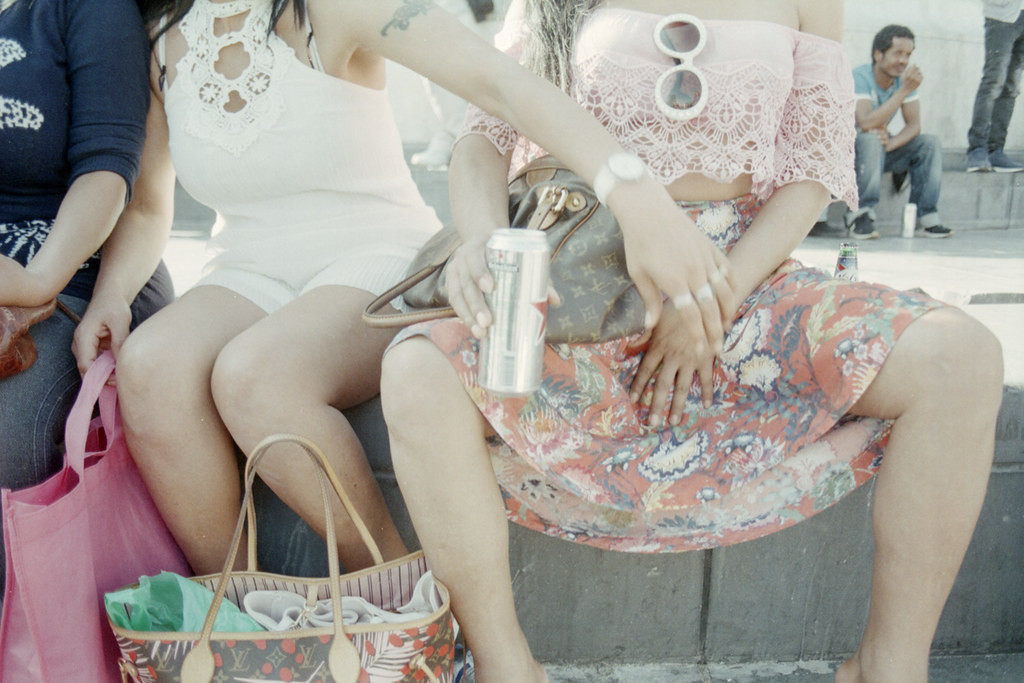
Sans titre [Paris]: photo by Marco Giusfredi, 18 April 2017
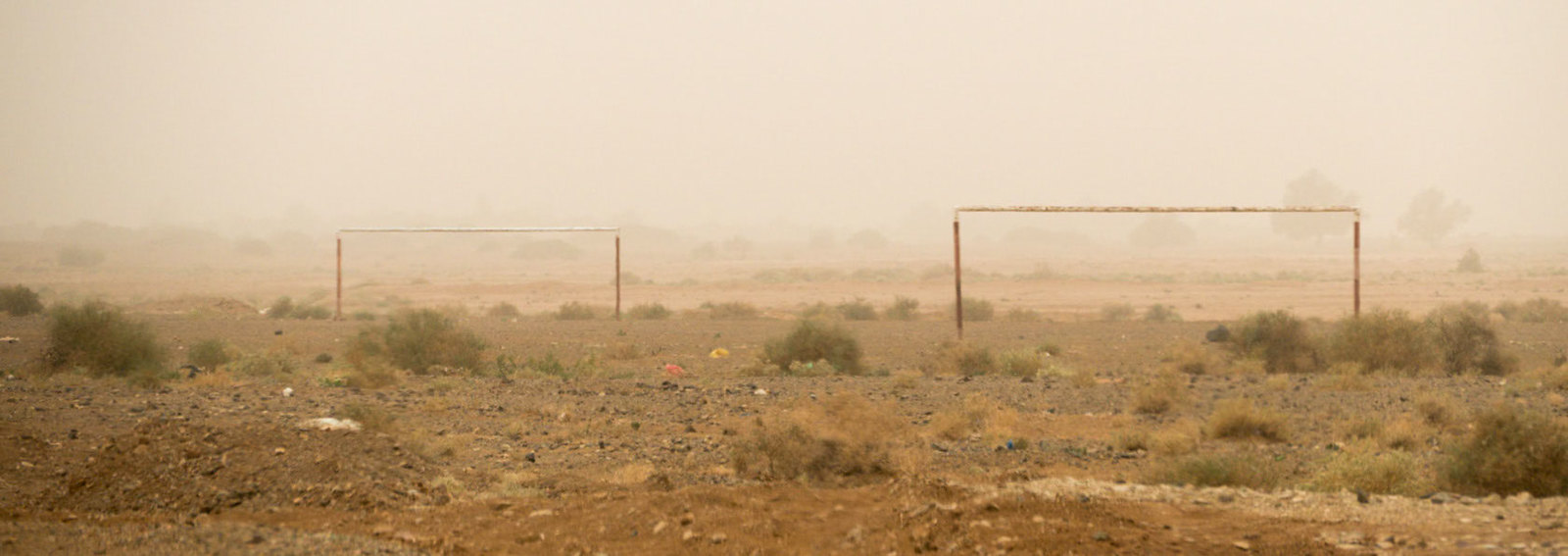
woestijn voetbal [Erg Chebbi, Morocco]: photo by GJ B&W, 21 April 2017

woestijn voetbal [Erg Chebbi, Morocco]: photo by GJ B&W, 21 April 2017
A place called Home -- just don't turn around too fast

Li Suet-wen and her son, 6, and daughter, 8, live in a 120-square foot room crammed with a bunk bed, small couch, fridge, washing machine and small table in an aging walkup in Hong Kong as she pays HK$4,500 ($580) a month in rent and utilities. That’s nearly half the HK$10,000 ($1,290) she earns at a bakery decorating cakes. They’re among an estimated 200,000 people in the former British colony living in “subdivided units.” That’s 18 percent more than four years ago and includes 35,500 children 15 and under, government figures show.: photo by Kin Cheung/AP, 17 March 2017

Li Suet-wen and her
son, 6, and daughter, 8, live in a 120-square foot room crammed with a
bunk bed, small couch, fridge, washing machine and small table in an
aging walkup in Hong Kong as she pays HK$4,500 ($580) a month in rent
and utilities. That’s nearly half the HK$10,000 ($1,290) she earns at a
bakery decorating cakes.: photo by Kin Cheung/AP, 17 March 2017

A resident who
gave only his surname Sin, 55, tidies up the bed in his “coffin home” in Hong
Kong. In wealthy Hong Kong, there’s a dark side to a housing boom, with
hundreds of thousands of people forced to live in partitioned shoebox
apartments, “coffin homes” and other inadequate housing.: photo by Kin Cheung/AP, 4 May 2017

A resident who gave only his surname Yeung, takes rest in his “coffin home” in Hong
Kong. In wealthy Hong Kong, there’s a dark side to a housing boom, with
hundreds of thousands of people forced to live in partitioned shoebox
apartments, “coffin homes” and other inadequate housing.: photo by Kin Cheung/AP, 28 March 2017

Tse Chu, a retired
waiter, sleeps in his “coffin home” in Hong Kong. In wealthy Hong Kong,
there’s a dark side to a housing boom, with hundreds of thousands of
people forced to live in partitioned shoebox apartments, “coffin homes”
and other inadequate housing.: photo by Kin Cheung/AP, 28 March 2017

Residents who gave only their surname Yeung, left and Lui, take rest in their “coffin
homes” in Hong Kong. In wealthy Hong Kong, there’s a dark side to a
housing boom, with hundreds of thousands of people forced to live in
partitioned shoebox apartments, “coffin homes” and other inadequate
housing.: photo by Kin Cheung/AP, 28 March 2017

A bus drives past a
residential and commercial building where the “coffin homes” are
located in Hong Kong. There’s a dark side to the property boom in
wealthy Hong Kong, where hundreds of thousands of people priced out of
the market must live in partitioned apartments, “coffin homes” and other
inadequate housing. As a new leader for the territory prepares to take
office, housing unaffordability remains one of the Asian financial
center’s biggest social problems.: photo by Kin Cheung/AP, 25 April 2017

Hong Kong residents,
who gave only their surname, Lam, top left, Wan, top right, and Kitty
Au, pose at their “coffin homes” in Hong Kong. In wealthy Hong Kong,
there’s a dark side to a housing boom, with hundreds of thousands of
people forced to live in partitioned shoebox apartments, “coffin homes”
and other inadequate housing: photo by Kin Cheung/AP, 4 May2017

Simon Wong, an
unemployed man, watches TV in his “coffin home” in Hong Kong. In wealthy
Hong Kong, there’s a dark side to a housing boom, with hundreds of
thousands of people forced to live in partitioned shoebox apartments,
“coffin homes” and other inadequate housing.: photo by Kin Cheung/AP, 4 May 2017

Wong Tat-ming, 63,
sits in his “coffin home” where is crammed with all his meager
possessions, including a sleeping bag, small color TV and electric fan.
He and another elderly resident complain to a visiting social worker
about bedbugs and cockroaches.: photo by Kin Cheung/AP, 2 March 2017

An illegal rooftop
hut is seen in Hong Kong. There’s a dark side to the property boom in
wealthy Hong Kong, where hundreds of thousands of people priced out of
the market must live in partitioned apartments, “coffin homes” and other
inadequate housing. As a new leader for the territory prepares to take
office, housing unaffordability remains one of the Asian financial
center’s biggest social problems.: photo by.Kin Cheung/AP, 6 May 2017

A set of grimy
toilets and single sink shared by the coffin home’s two dozen
inhabitants, including a few single women, is located at a flat in Hong
Kong. In wealthy Hong Kong, there’s a dark side to a housing boom, with
hundreds of thousands of people forced to live in partitioned shoebox
apartments, “coffin homes” and other inadequate housing.: photo by Kin Cheung/AP, 28 March 2017

Wong Tat-ming, 63,
sits in his “coffin home” which is next to a set of grimy toilets in
Hong Kong as he pays HK$2,400 ($310) a month for a compartment measuring
three feet by six feet. It’s crammed with all his meager possessions,
including a sleeping bag, small color TV and electric fan.: photo by Kin Cheung/AP, 28 Marchl 2017

A resident who gave only his surname Lui, has dinner in his “coffin home” in Hong Kong.
In wealthy Hong Kong, there’s a dark side to a housing boom, with
hundreds of thousands of people forced to live in partitioned shoebox
apartments, “coffin homes” and other inadequate housing.: photo by Kin Cheung/AP, 28 March 2017

A resident walks
outside his illegal rooftop hut where is located next to a public
housing estate, at the background, in Hong Kong. In wealthy Hong Kong,
there’s a dark side to a housing boom, with hundreds of thousands of
people forced to live in partitioned shoebox apartments, “coffin homes”
and other inadequate housing.: photo by Kin Cheung/AP, 6 May 2017

Cheung Chi-fong,
80, sleeps in his tiny “coffin home” where he cannot stretch out his
legs in Hong Kong. In wealthy Hong Kong, there’s a dark side to a
housing boom, with hundreds of thousands of people forced to live in
partitioned shoebox apartments, “coffin homes” and other inadequate
housing.: photo by Kin Cheung/AP, 28 March 2017

A five year-old
boy plays outside his tiny home which is made of concrete and corrugated
metal on the terrace of a apartment block as he lives with his parents
in an illegal rooftop hut where is located next to a public housing
estate at the background in Hong Kong.: photo by Kin Cheung/AP, 20 April 2017

Kitty Au plays with
her hamster in her “coffin home” in Hong Kong. In wealthy Hong Kong,
there’s a dark side to a housing boom, with hundreds of thousands of
people forced to live in partitioned shoebox apartments, “coffin homes”
and other inadequate housing: photo by Kin Cheung/AP, 4 May 2017

A man walks in front of a residential and commercial building, center, where the “coffin home” are located in Hong Kong. In wealthy Hong Kong, there’s a dark side to a housing boom, with hundreds of thousands of people forced to live in partitioned shoebox apartments, “coffin homes” and other inadequate housing.: photo by Kin Cheung/AP, 25 April 2017
Trust (A Time for Heroes)

#Lavrov - @realDonaldTrump meeting has just started | В Овальном кабинете началась встреча С.Лаврова с Д.Трампом #RussiaUSA #РоссияСША: image via MFA Russia @mfa_russia, 10 May 2017
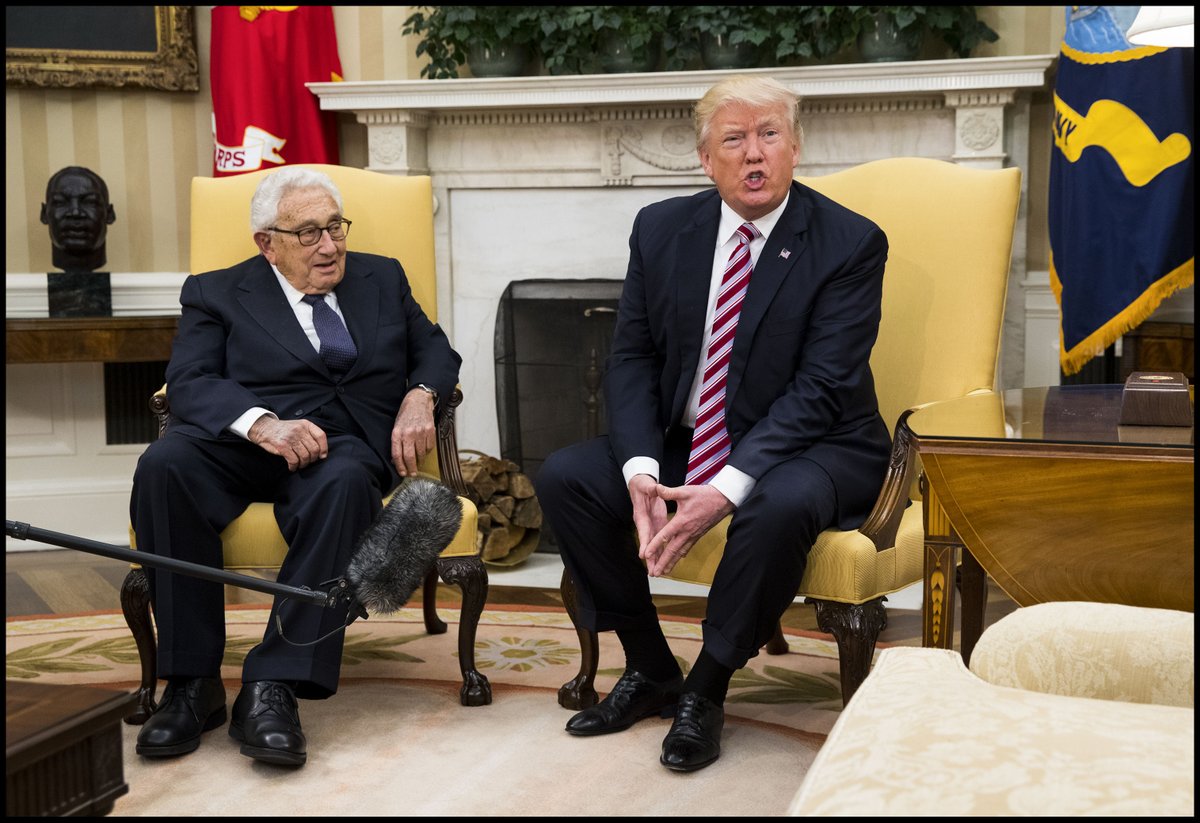
But some have longer phantom-limb memories than others (unAmerican 'cultural memory': recalling Hank's 'good job', back in 'the day' of The Secret War)
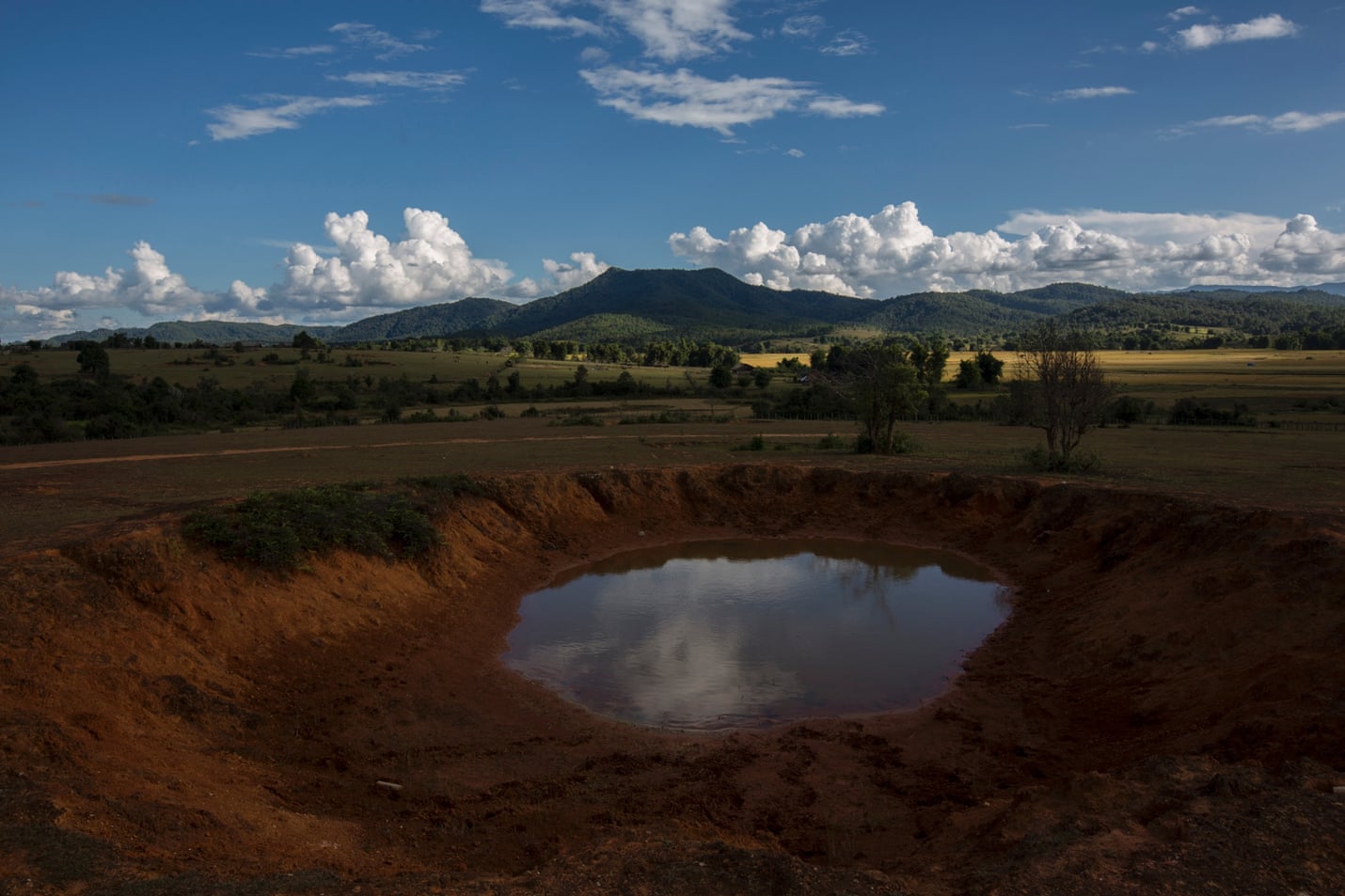
A series of craters caused by
the US bombardments in Ban Khay, Xieng Khouang province, Laos. Hundreds of
craters still dot the landscape of the area.: photo by Matilde Gattoni/Tandem Reportage via The Observer, 31 January 2015
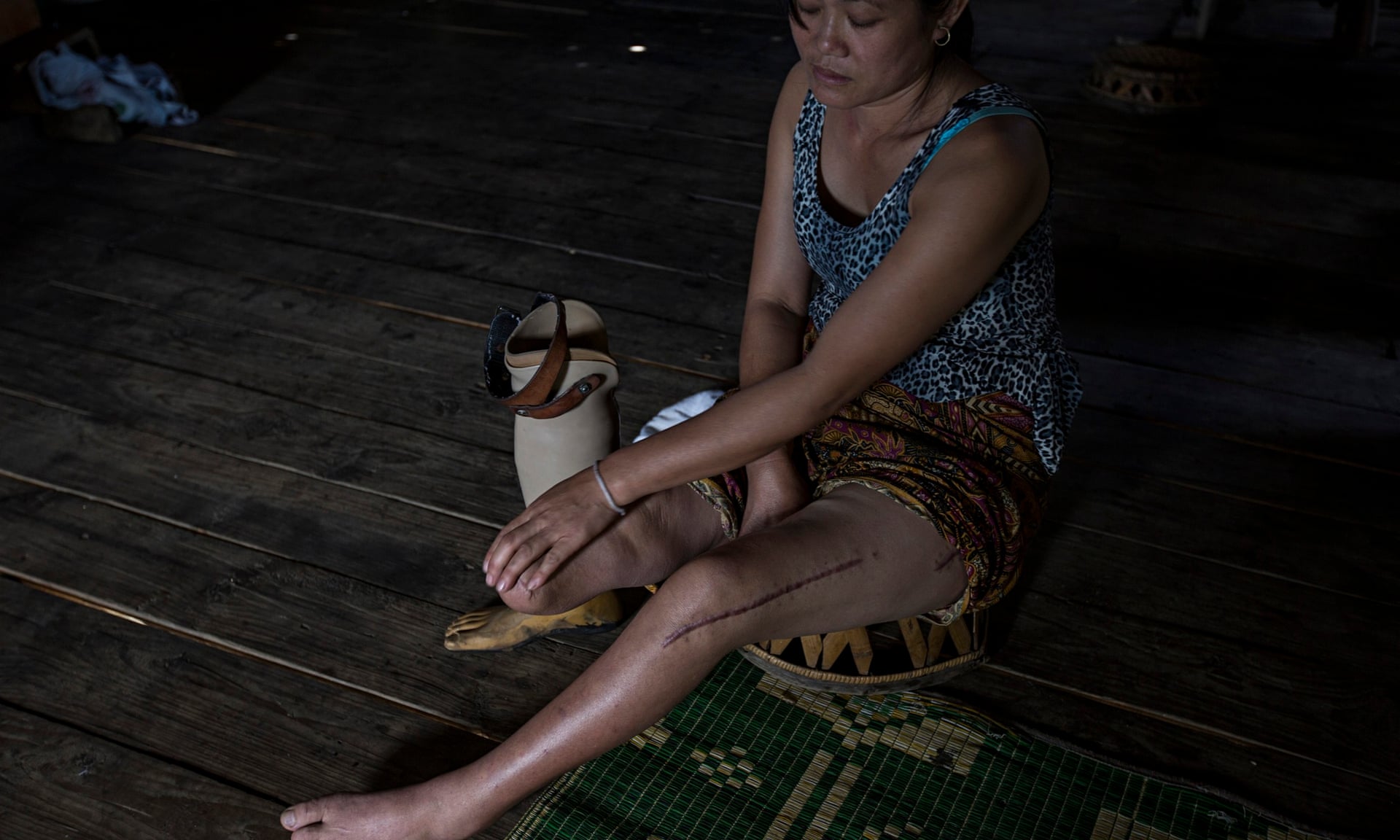
Buan Kham lost her lower right leg when a 500lb bomb her husband had stored beneath the house exploded: photo by Matilde Gattoni/Tandem Reportage via The Observer, 31 January 2015
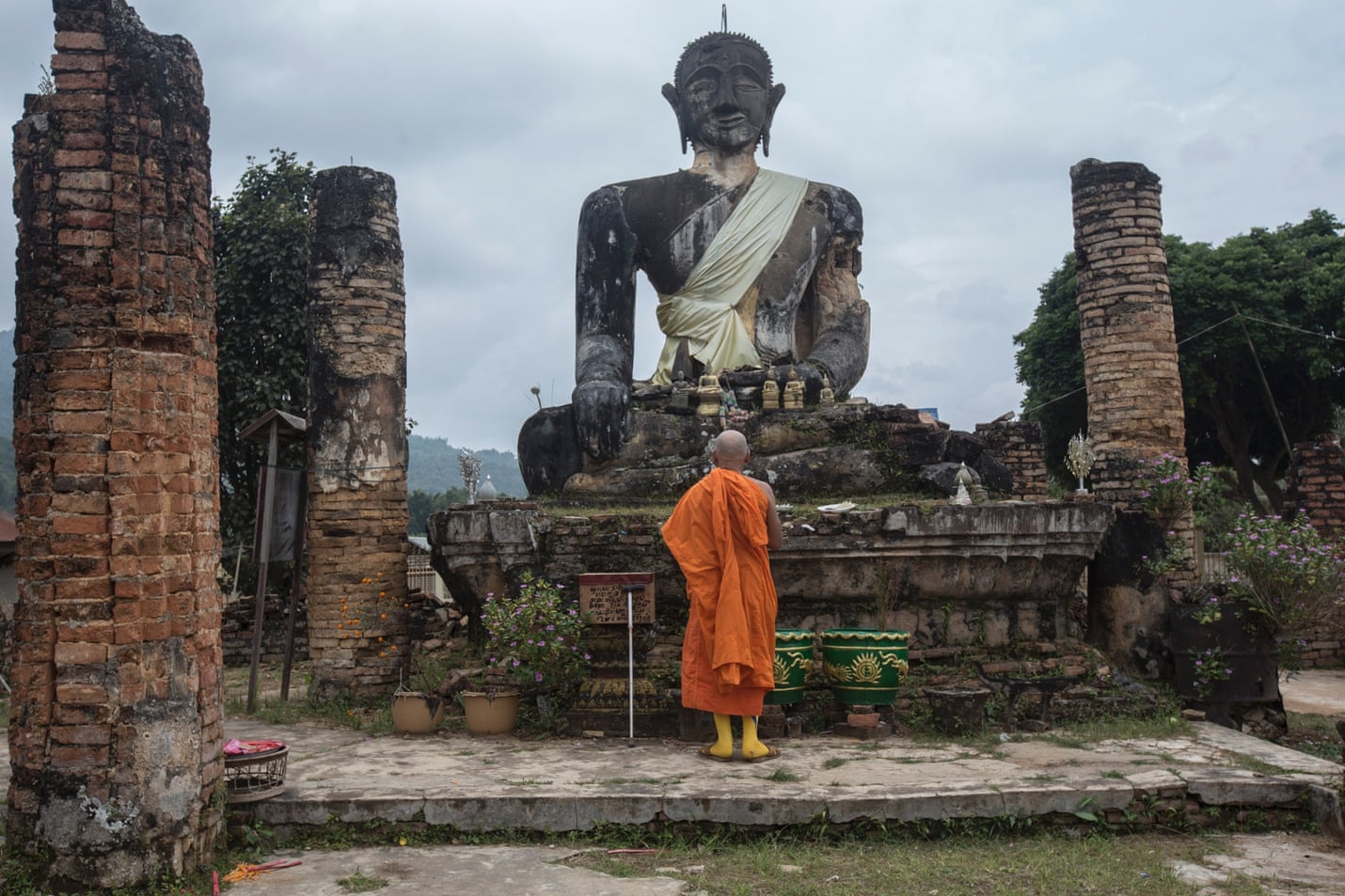
Chan Duong Ly, 85, a monk at the Wat Phia Wat monastery in Muang Khoun, the former capital of Xieng Khouang province. The city was extensively bombed during the war and almost totally abandoned in 1975. The monastery, which dates back to 1322, was bombed by the US in 1966 because it was suspected of having been converted into a food storage area used by the North Vietnamese. The blackened and scarred Buddha statue in the monastery courtyard is among the few remains of the pre-war period.: photo by Matilde Gattoni/Tandem Reportage via The Observer, 31 January 2015

Tham Piu cave, on the outskirts of Muang Khoun. Laos. Here, on 24 November 1968, a US strike killed 374 civilians who were sheltering in the cave in order to find refuge from the American bombardments.: photo by Matilde Gattoni/Tandem Reportage via The Observer, 31 January 2015

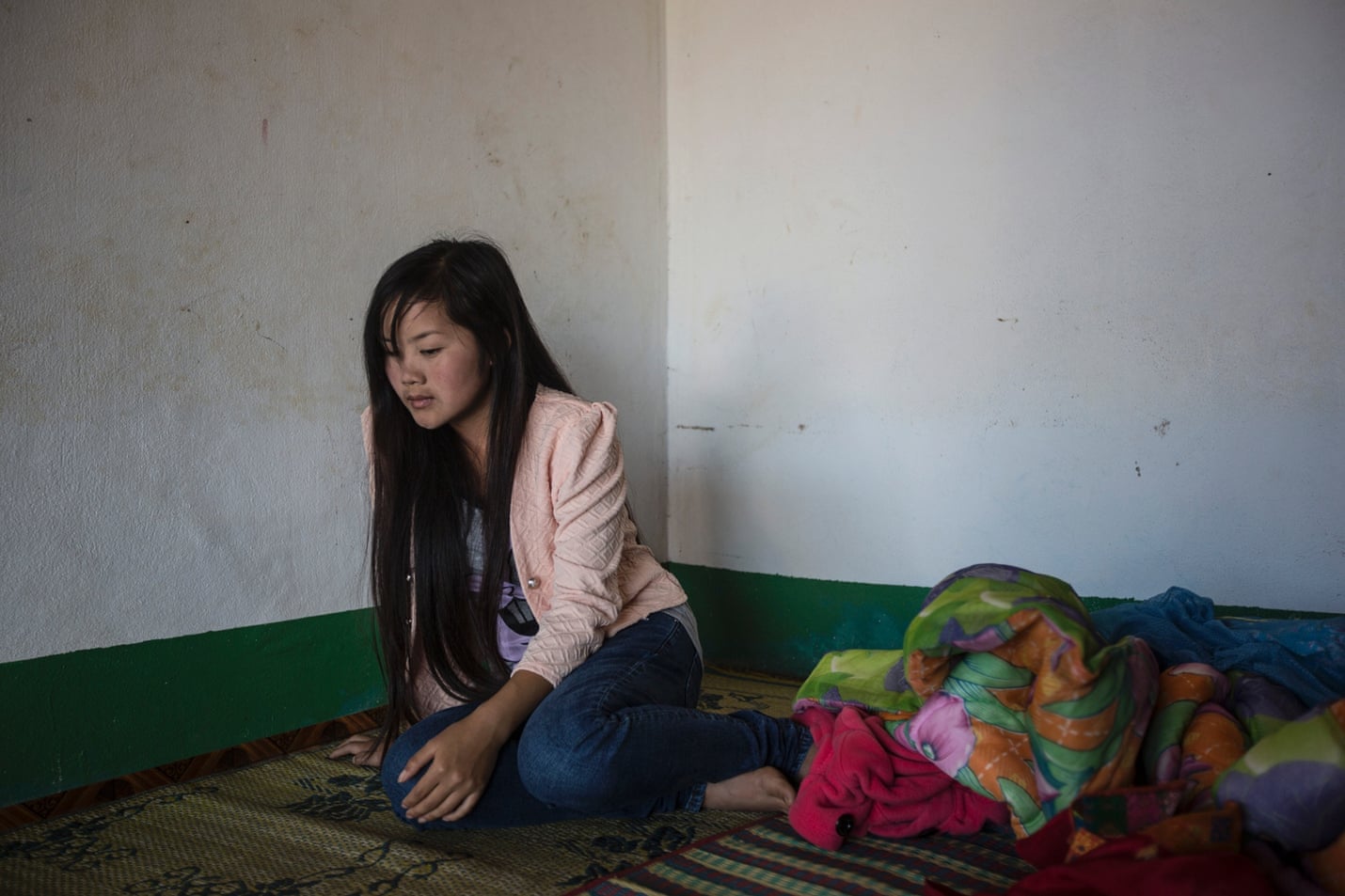

Buan Kham lost her lower right leg when a 500lb bomb her husband had stored beneath the house exploded: photo by Matilde Gattoni/Tandem Reportage via The Observer, 31 January 2015

Chan Duong Ly, 85, a monk at the Wat Phia Wat monastery in Muang Khoun, the former capital of Xieng Khouang province. The city was extensively bombed during the war and almost totally abandoned in 1975. The monastery, which dates back to 1322, was bombed by the US in 1966 because it was suspected of having been converted into a food storage area used by the North Vietnamese. The blackened and scarred Buddha statue in the monastery courtyard is among the few remains of the pre-war period.: photo by Matilde Gattoni/Tandem Reportage via The Observer, 31 January 2015

Tham Piu cave, on the outskirts of Muang Khoun. Laos. Here, on 24 November 1968, a US strike killed 374 civilians who were sheltering in the cave in order to find refuge from the American bombardments.: photo by Matilde Gattoni/Tandem Reportage via The Observer, 31 January 2015

Kampuang Dalaseng lies on the
ground demonstrating how he would hide from the bombs during the Secret
War in Laos. ‘I hate Americans to this date. They bombed, burned and destroyed
everything. If their president was here, I would slap him in the face.’ A
former professor of French, 84-year-old Kampuang lived under the
American bombardments for five years.: photo by Matilde Gattoni/Tandem Reportage via The Observer, 31 January 2015

Kampuang Dalaseng lies on the ground demonstrating how he would hide from the bombs during the Secret War in Laos. ‘I hate Americans to this date. They bombed, burned and destroyed everything. If their president was here, I would slap him in the face.’ A former professor of French, 84-year-old Kampuang lived under the American bombardments for five years.: photo by Matilde Gattoni/Tandem Reportage via The Observer, 31 January 2015

Kampuang Dalaseng lies on the ground demonstrating how he would hide from the bombs during the Secret War in Laos. ‘I hate Americans to this date. They bombed, burned and destroyed everything. If their president was here, I would slap him in the face.’ A former professor of French, 84-year-old Kampuang lived under the American bombardments for five years.: photo by Matilde Gattoni/Tandem Reportage via The Observer, 31 January 2015

Nyoua Yang, 16, from Nam Kha,
lost her right eye one afternoon in 2009, when the hoe she was using to
clear the grass from her family’s rice field hit a cluster bomb. ‘ I
just remember a small explosion, then a piece of shrapnel went into my
eye.’ Yang, who was 11 at that time, lost her eye after a doctor refused
to operate on her because she was too young.: photo by Matilde Gattoni/Tandem Reportage via The Observer, 31 January 2015
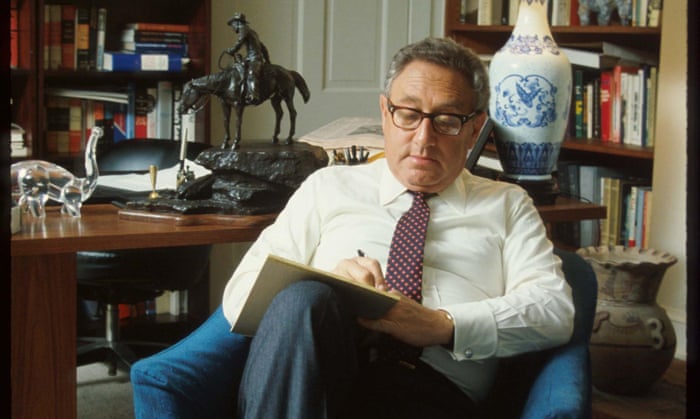
Hillary Clinton has long invoked Henry Kissinger as a mentor -- her infamous emails show that they corresponded with some frequency when she was secretary of state. Kissinger, architect of the "Operation Menu" covert bombing campaign in Laos and Cambodia in 1969-70, is widely perceived as a war criminal. He also won a Nobel Peace Prize.: photo by Dirck Halstead via The Guardian, 13 February 2016
Leg prosthesis on display at the Cooperative Orthotic and Prosthetic Enterprise (COPE) Centre in Vientiane, Laos: photo by Mas Irham/EPA, 5 September 2016
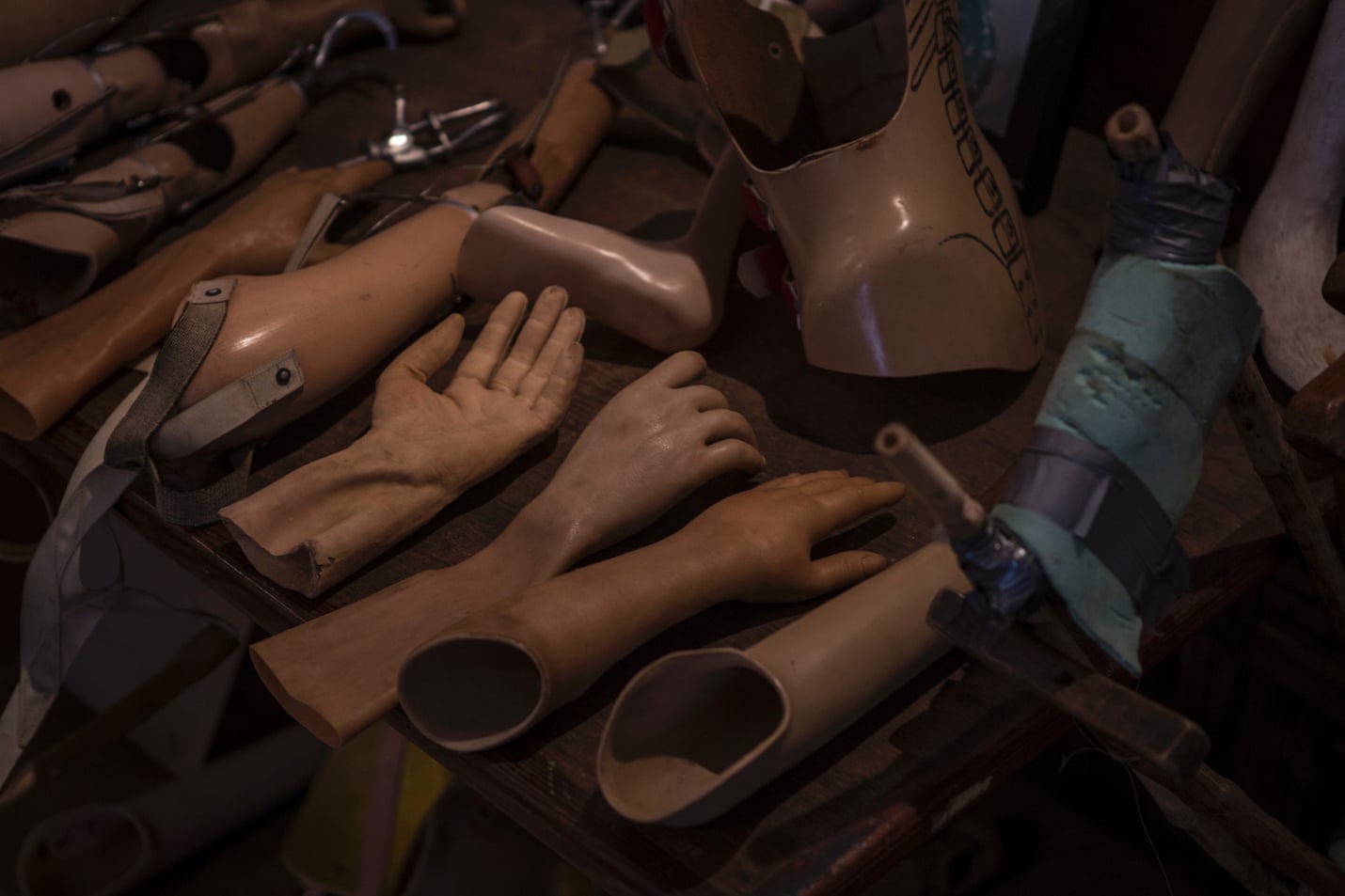
[By
8 December 1970] U.S. efforts to interdict the trail were in full swing
with the USAF's Operation Igloo White. Electronic surveillance devices
were dropped to monitor vehicle-and-troop movement in Laos, and a
constant orbit of manned and drone planes relayed the signals from under
the jungle blanket to the Infiltration Surveillance Center in Thailand.
There, two computers processed high-speed printouts showing which
sensors had been activated, how often, and when. Other computers fed
this information to an Airborne Battlefield Command and Control
aircraft which then called in appropriate
air power. A typical day over Laos saw the Ho Chi Minh Trail hit by
thirty B52 bomber strikes and three hundred USAF, USN, and USMC
aircraft. C130 transport planes, mounted with Gatling mini-guns, flew
night and day to strafe convoys and troop marches. Bombs mounted with
lasers and televisions were sent against cave entrances. Cluster bombs
were sowed over Binh Trams. Mines and booby-traps were airdropped, some
designed to demolish trucks, others to mangle a man's foot so he became a
burden to his comrades. The destruction was staggering...
Keith William Nolan: from Into Laos: The Story of Dewey Canyon II/Lam Son 719, Vietnam 1971
Keith William Nolan: from Into Laos: The Story of Dewey Canyon II/Lam Son 719, Vietnam 1971

Hillary Clinton has long invoked Henry Kissinger as a mentor -- her infamous emails show that they corresponded with some frequency when she was secretary of state. Kissinger, architect of the "Operation Menu" covert bombing campaign in Laos and Cambodia in 1969-70, is widely perceived as a war criminal. He also won a Nobel Peace Prize.: photo by Dirck Halstead via The Guardian, 13 February 2016
Leg prosthesis on display at the Cooperative Orthotic and Prosthetic Enterprise (COPE) Centre in Vientiane, Laos: photo by Mas Irham/EPA, 5 September 2016

Prosthetic arms on display at
the COPE Visitor Centre, Vientiane. COPE is a local not-for-profit
organisation providing access to prosthetic devices and rehabilitation
services to people with disabilities. One third of its patients are
UXO-related victims: photo by Matilde Gattoni/Tandem Reportage via The Observer, 31 January 2015
Glad to see people aren't letting his crimes go unnoticed. If the U.S. cares about war crimes, start with #Kissinger: image via Matthew Yoder @MrMarbless92, 10 February 2015
To Kissinger
The amoeba is mountainous Hank!
It dwarfs your think tanks you neoid!
So jack off my octopus!
I don't care if you did make it with Barbara Walters of the Today Show!
Hit the deck 4 eyes!
The meat train won't be late for the grave and you're on it!
Jelly arms are coming for you across the black glyphs!
The cellophane is crinkling!
Earmuffs won't be enuf!
You big donkey made out of orlon!
Spirochetes et yr Mom!
Ach Nein!
When the storm of time movies hits the protein sources
Popeye'll take you one-on-one you shell of Frankenstein!
You'll climb off the food chain soon enuf anyhow Henry!
The gods of death live in yr shoes!
..............................
#PhotoOfTheYear #CodePink making CitizensArrest of #WarCriminal #Kissinger #JustBrilliant #IWishIWasThere: image via Ruthanasia #BDS @Ruthanasia, 2 February 2015
Anti Trump protest outside the White House today: image via Reid J. Epstein @reidepstein, 10 March 2017
Remember when?
jordan retweeted the Hill
jordan added,
Remember when they told the protesters to go home because the pipeline was safe? That it wouldn't leak? That it'll be fine?
image via jordan @JordanUhl, 10 May 2017
























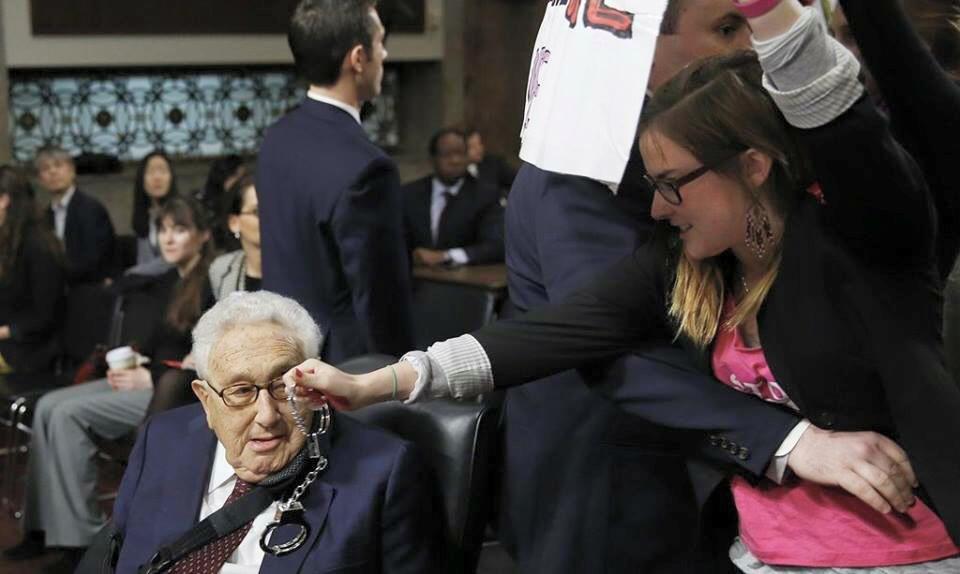
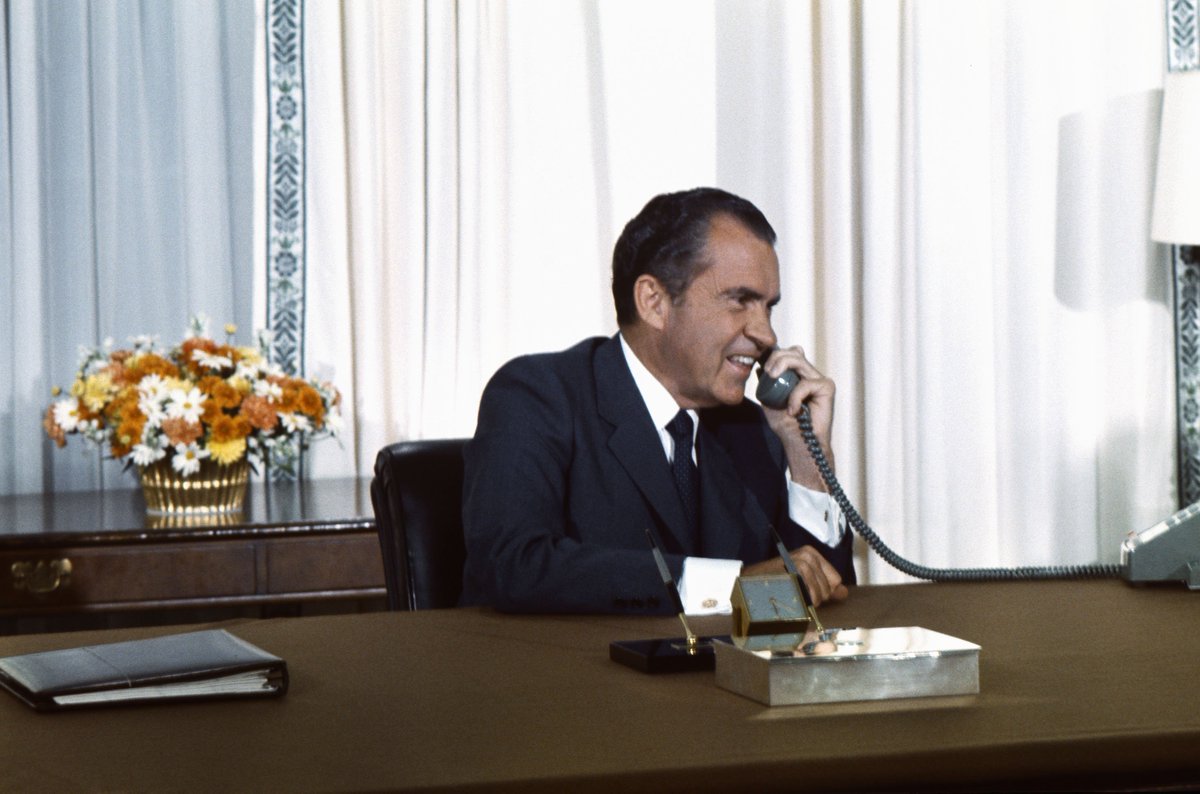
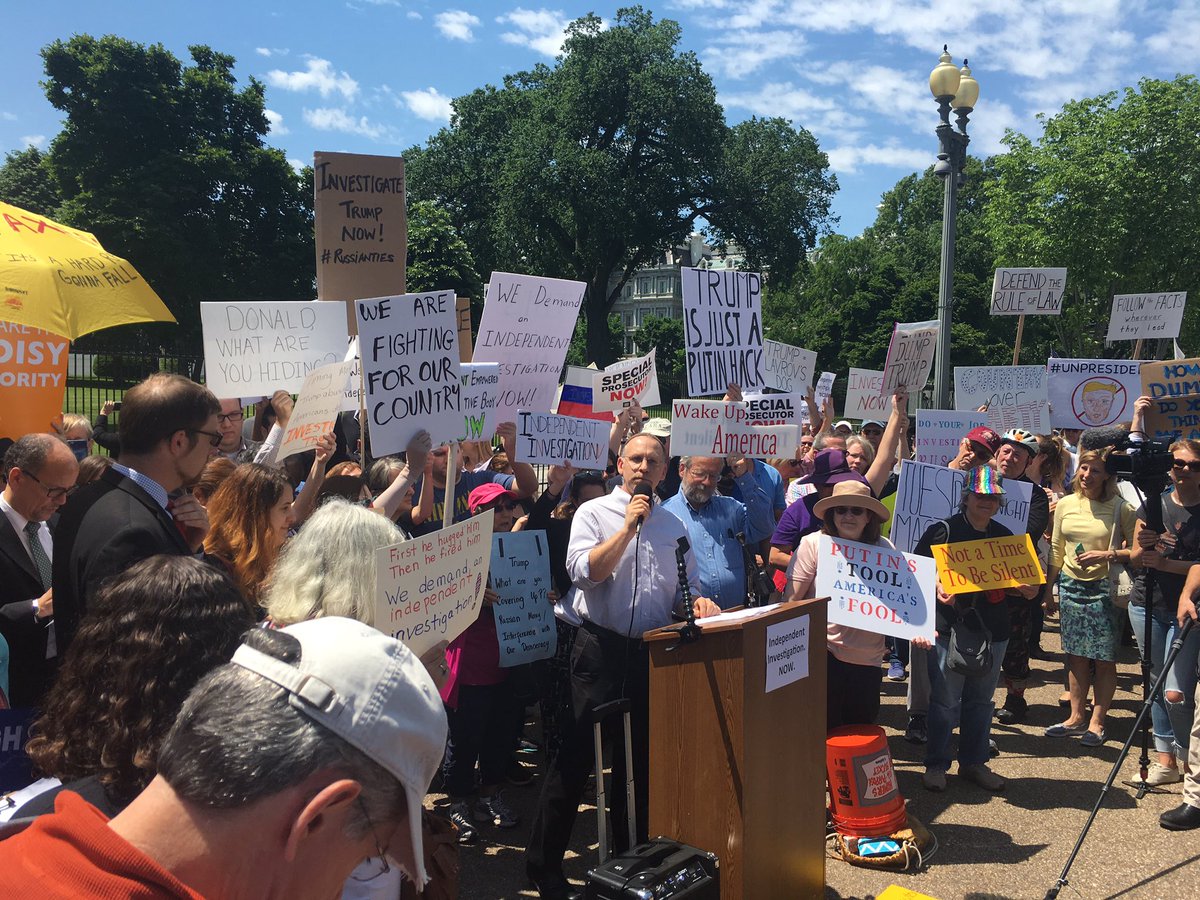




No comments:
Post a Comment